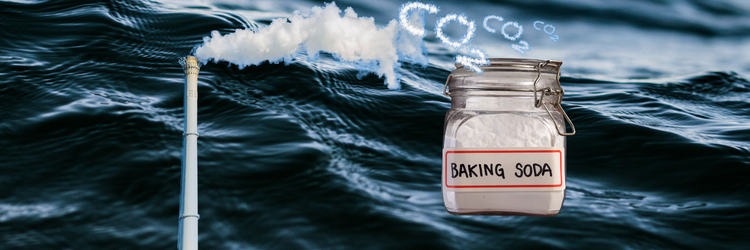Lehigh Engineering researcher Arup SenGupta developed a way to turn carbon dioxide into a baking ingredient. The development means that we can store the carbon harmlessly in the ocean.
The approach, recently published in Science Advances, uses an innovative copper-containing polymeric filter called DeCarbonHIX (decarbonization through hybrid ion exchange material).
SenGupta demonstrated a 300% increase in the amount of carbon captured compared to existing methods.
“The climate crisis is an international problem. And I believe we have a responsibility to build direct air capture technology in a way that it can be implemented by people and countries around the world,” says SenGupta, professor of chemical and biomolecular engineering and civil and environmental engineering in Lehigh’s P.C. Rossin College of Engineering and Applied Science. “This is not technology for making money. It’s for saving the world.”
The method will use direct air capture and can be as simple as a breeze blowing through the filter, which captures the CO2. The filter is then placed in seawater, where the carbon dioxide converts to a liquid solution of sodium bicarbonate (baking soda). We can release that solution into the ocean without any known adverse impact. It does not change salinity levels and may even help improve the ocean’s health by lowering its rising pH levels.
This isn’t SenGupta’s first foray into world-saving tech. He has also researched drinking water treatment methodologies, desalination, municipal wastewater reuse, and resource recovery. He invented the first reusable arsenic-selective hybrid anion exchanger nanomaterial, allowing more than two million marginalized people to drink arsenic-safe water.
His invention of DeCarbonHIX resulted from an ongoing CO2-driven wastewater desalination project funded by the Bureau of Reclamation under the jurisdiction of the U.S. Department of the Interior.

